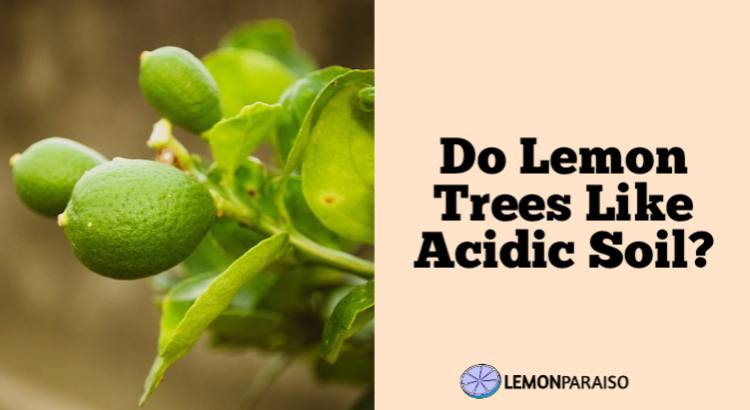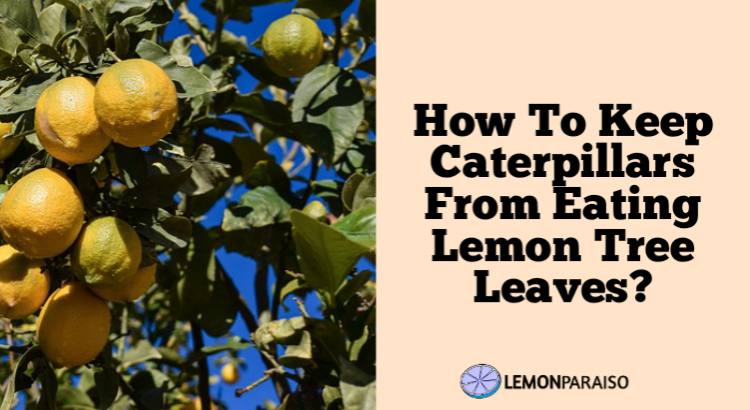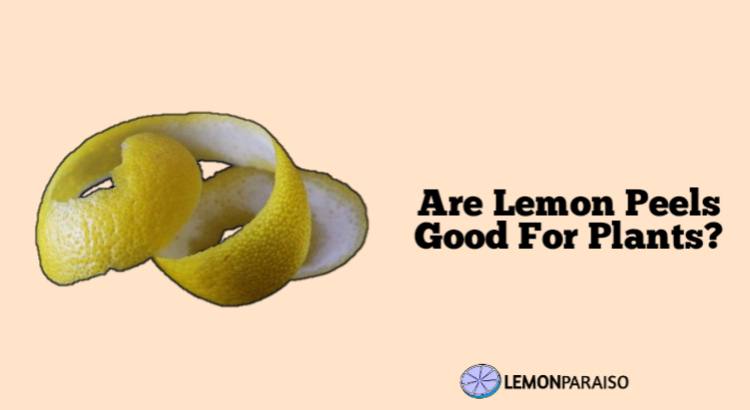Meyer Lemon Vs Eureka Lemon: Comparing Physical Characteristics, Taste, and Culinary Uses
Citrus fruits have long been a staple in kitchens around the world, adding a burst of refreshing flavor to both sweet and savory dishes. Among the diverse citrus varieties, Meyer lemons and Eureka lemons stand out as popular choices, each with its own unique characteristics and uses. In this comprehensive comparison, we’ll delve into the distinctions between Meyer lemons and Eureka lemons, exploring their flavor profiles, culinary applications, and nutritional attributes.
Meyer Lemon Vs Eureka Lemon
1. Origin and History: A Citrus Tale of Two Lemons
Meyer lemons and Eureka lemons share a common ancestry, both being hybrid citrus fruits. However, their origins and historical trajectories differ significantly. Meyer lemons are believed to be a cross between a true lemon and either a mandarin or an orange, named after the agricultural explorer Frank Meyer. Eureka lemons, on the other hand, are true lemon varieties with a longer history, tracing their roots back to Sicily.
Meyer lemons offer a sweeter and less acidic taste compared to Eureka lemons. This makes them a preferred choice for individuals who find traditional lemons too tart. The Meyer lemon’s thin, fragrant skin also distinguishes it, adding a delightful aroma to both the fruit and its zest. In contrast, Eureka lemons have a classic tartness, making them a quintessential choice for traditional lemon flavor in a variety of culinary applications.
2. Flavor Profile: A Symphony of Citrus Notes
One of the primary distinctions between Meyer lemons and Eureka lemons lies in their flavor profiles. Meyer lemons are celebrated for their sweeter, more nuanced taste, often described as a harmonious blend of lemon and mandarin or orange. This unique flavor makes Meyer lemons a favorite in desserts, cocktails, and as a finishing touch to a variety of dishes.
Eureka lemons, known for their bright and tangy flavor, offer the quintessential lemony zing that is a cornerstone in many recipes. The classic lemon taste of Eureka lemons makes them a versatile ingredient in both sweet and savory dishes, from lemonade to marinades. While some culinary applications may benefit from Meyer lemons’ subtle sweetness, others may call for the bold, traditional lemon flavor of Eureka lemons.
3. Appearance: Contrasting Citrus Aesthetics
When it comes to appearance, Meyer lemons and Eureka lemons exhibit notable differences. Meyer lemons are typically smaller and rounder than their Eureka counterparts, with a thin, smooth, and deep yellow to orange skin. The distinct feature of Meyer lemons is their slight orange hue, which sets them apart from other lemon varieties. Eureka lemons, on the other hand, are larger, oval-shaped, and boast a bright yellow color with a slightly textured skin.
The aesthetic differences extend to the pulp as well. Meyer lemons have a paler, yellow-orange flesh, while Eureka lemons showcase a vibrant yellow interior. These visual distinctions can influence the choice of lemon for certain culinary presentations, where the appearance of the fruit plays a role in the overall visual appeal of a dish.
4. Culinary Uses: From Sweet to Savory
The culinary applications of Meyer lemons and Eureka lemons vary, driven by their distinct flavor profiles. Meyer lemons are prized for their sweet and floral notes, making them a delightful addition to desserts, jams, and beverages. The fragrant zest of Meyer lemons also adds a subtle citrus aroma to baked goods and cocktails.
Eureka lemons, with their traditional tartness, are indispensable in classic lemon-flavored dishes. From lemon meringue pies to savory dishes like lemon-infused chicken or fish, Eureka lemons provide the bold citrus kick that many recipes demand. Their acidic profile also makes them a go-to choice for preserving and pickling.
5. Growing Conditions: Citrus Thrives in Diversity
Both Meyer lemons and Eureka lemons thrive in similar growing conditions, requiring well-draining soil and ample sunlight. However, there are subtle differences in their adaptability to certain climates. Meyer lemons, with their origins linked to China, tend to be more cold-sensitive and may suffer in frost-prone areas. In contrast, Eureka lemons, being true lemon varieties, are generally hardier and better equipped to withstand cooler temperatures.
The distinct climate preferences of these lemons can influence the choice of home gardeners and commercial growers. While Meyer lemons may flourish in warmer regions, Eureka lemons can be a more reliable option for those facing colder or more unpredictable climates.
6. Tree Characteristics: Size Matters in the Citrus Grove
For those considering cultivating lemon trees at home, understanding the differences in the size and characteristics of Meyer lemon and Eureka lemon trees is essential. Meyer lemon trees are known for their compact size, making them suitable for smaller gardens or even container planting. The ornamental value of Meyer lemon trees, with their glossy green leaves and fragrant blossoms, adds to their appeal in landscaping.
Eureka lemon trees, on the other hand, tend to be larger and more vigorous, producing an abundance of fruit. The robust nature of Eureka lemon trees makes them a preferred choice for commercial orchards, where a high yield of quality fruit is a top priority.
7. Harvest Season: Timing is Everything
The timing of the harvest season is another factor to consider when choosing between Meyer lemons and Eureka lemons. Meyer lemons typically have a longer harvesting season, with some fruit even ripening in the winter months. This extended harvest period allows for a more prolonged availability of fresh Meyer lemons, making them a reliable source of citrus flavor in various seasons.
Eureka lemons, on the other hand, have a more concentrated harvest season, typically peaking in the winter or early spring. The timing of the harvest can influence the availability and pricing of these lemons in the market, impacting their accessibility for both home cooks and commercial kitchens.
8. Nutritional Content: Citrus for Health
Both Meyer lemons and Eureka lemons contribute to a healthy diet, offering a rich source of vitamin C and various antioxidants. Meyer lemons, with their sweeter taste, can be more palatable for individuals who find the tartness of Eureka lemons challenging. The slightly lower acidity of Meyer lemons may also make them gentler on sensitive stomachs.
Eureka lemons, with their classic lemon flavor, provide the same nutritional benefits with a higher acidity level. The tartness of Eureka lemons can enhance the flavor of beverages like lemonade and may offer a more pronounced taste in culinary applications where acidity plays a crucial role.
9. Culinary Trends: Meyer Lemons in the Limelight
In recent years, Meyer lemons have gained popularity in culinary circles, becoming a trendy ingredient in both home kitchens and professional settings. Their unique flavor profile, coupled with the growing interest in diverse and exotic ingredients, has propelled Meyer lemons into the spotlight. Chefs and home cooks alike are exploring innovative ways to incorporate Meyer lemons into a wide range of dishes, from salads to desserts.
Eureka lemons, while a staple in traditional recipes, may not enjoy the same level of culinary trendiness. However, their timeless, bold lemon flavor ensures that they remain a dependable choice for classic lemon-centric dishes that stand the test of
time.
10. Versatility in Beverages: Meyer Lemon Elixirs and Eureka Lemon Classics
When it comes to crafting beverages, both Meyer lemons and Eureka lemons offer unique opportunities for mixologists and home bartenders. Meyer lemons, with their sweeter and more floral notes, can elevate the flavor profile of cocktails, mocktails, and infused waters. The subtle sweetness of Meyer lemons can balance the intensity of spirits and other ingredients, creating a more nuanced drinking experience.
Eureka lemons, with their bold and zesty character, are classic choices for traditional lemonade, margaritas, and other citrus-forward beverages. The high acidity of Eureka lemons ensures that their flavor cuts through the sweetness of drinks, providing a refreshing and invigorating taste.
In conclusion, the choice between Meyer lemons and Eureka lemons ultimately depends on individual preferences, culinary needs, and the specific requirements of a dish. Whether you opt for the sweet and fragrant allure of Meyer lemons or the classic tartness of Eureka lemons, both varieties bring a burst of citrus brightness to the table, enriching the world of culinary possibilities with their distinct flavors and characteristics.





